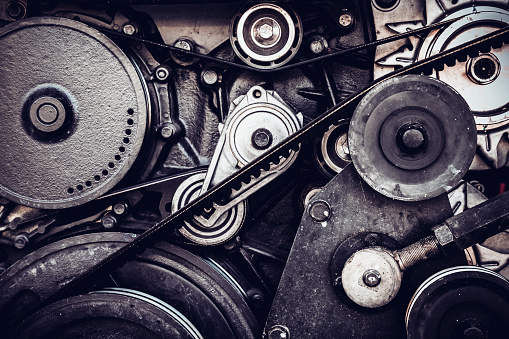Gasoline has been around for decades and the changes to the formulation have been incredible.
The basic refined crude is mostly the same. What makes each brand unique is the additives and detergents package mixed in. Regular fuel has fewer additives than the premium blend.
One of the biggest changes to gasoline is the introduction of ethanol. Ethanol has brought us lower emissions and a little better MPG, but it also has caused some new drivability issues. Most fuels started with a small amount of ethanol; now the base amount is 10%. As we randomly test fuel from the tanks we see as much as 30% ethanol.
What that means is the ethanol and the detergents added do not work together! Ethanol washes the detergent away that is supposed to help stop carbon build up inside the engine. Type “engine carbon” into a browser and there are many articles to scan. The tough part for you, the driver, is you don’t know it’s happening until it gets bad.
How Do You Know When There Is Build-Up?

Here are the symptoms of carbon build-up:
- Drivability issues; engine not running smoothly or stalling
- Engine vibration or shaking
- Car jerking or surging at stops
- Check engine light may be on
- Cold start misfires
The cure is to be proactive by cleaning the fuel injectors and air intake system every 15,000 miles. For most drivers that is once a year. This is great insurance to protect the investment you drive. Previous year cars did not have the carbon concern, so this will be something to be educated on. If ignored the cost to disassemble the engine to clean out the carbon is not pretty.
Cars, year 2000 and newer, have a different type of fuel system than previous years and 2010 and newer have gasoline direct injection (GDI) that is even more susceptible to carbon build-up.
Certified Auto Specialists wants to be your GO-TO place! Feel free to call 626-963-0814 with any questions and we will be glad to help!

